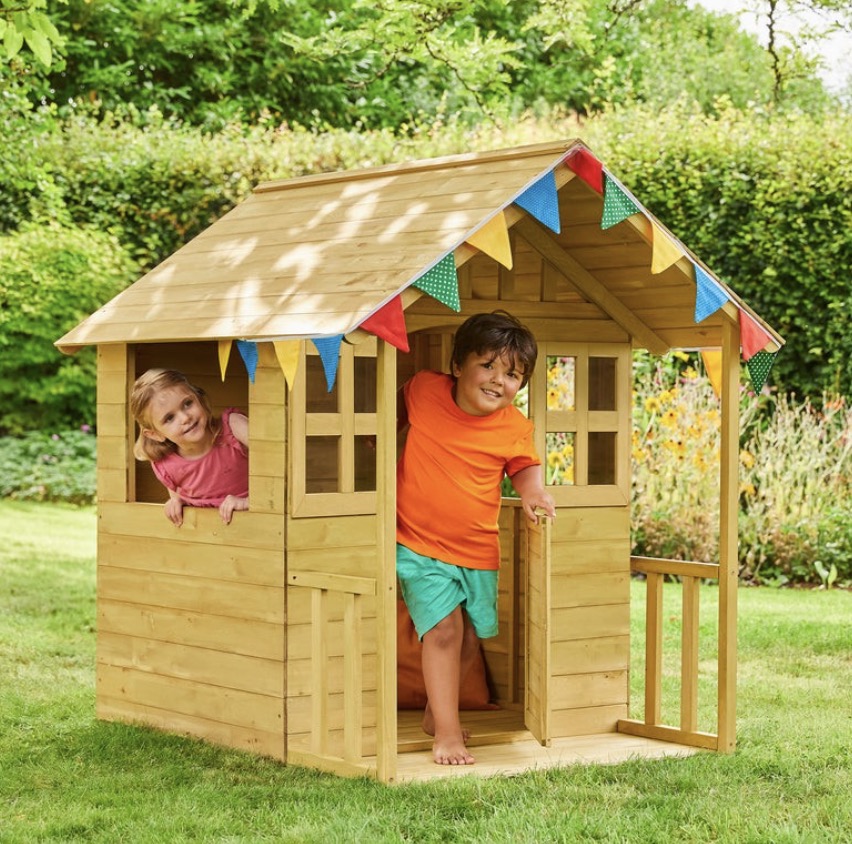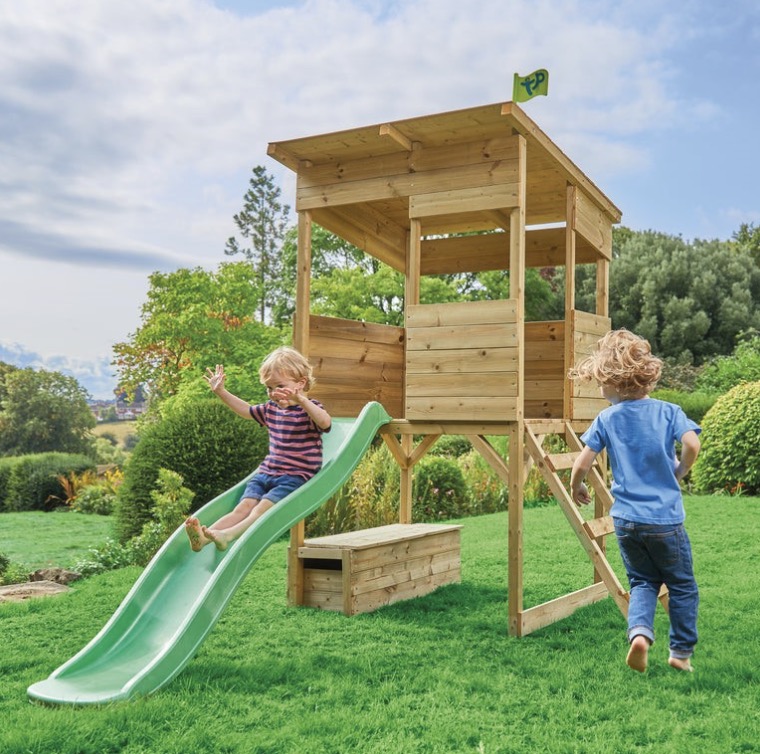Every child’s heart desires to explore, experience, and connect with the world around them. As we progressively dive deeper into the digital age, the essence of outdoor play becomes an essential counterbalance. Let’s delve into the multifaceted benefits of encouraging playtime outside.
Story Stages
Physical Health and Development
Outdoor play isn’t just about fun; it’s a full-body workout. Every jump, sprint, or even the act of navigating a Playhouse with Slide helps in muscle development, refining motor skills, and boosting cardiovascular health. Moreover, being outdoors means soaking up the sun, which is the best source of vitamin D, indispensable for bone health and immunity.
Cognitive Growth and Stimulation
The outdoors offers a sensory buffet. Nature’s sights, sounds, and textures constantly challenge children’s senses, stimulating cognitive growth. These interactions improve perception, enhance attention spans, and sharpen problem-solving skills.
Social Skills and Teamwork
The vast expanse of the outdoors is a social playground. Activities, whether it’s a collaborative game or a joint culinary adventure in a Kitchen Playhouse, teach essential lessons in communication, collaboration, sharing, and understanding peer emotions.
Emotional Well-being
The therapeutic essence of nature is undeniable. Expansive skies, the rustle of leaves, and the feeling of grass underfoot can calm the most restless spirits. Regular outdoor play can significantly reduce stress and anxiety and elevate overall mood. It also boosts self-esteem as children face and overcome natural challenges.
Encouraging Creativity and Imagination
The unstructured nature of outdoor play is a boon for imaginative minds. Without the constraints of walls or ceilings, children’s fantasies know no bounds. This freedom of imagination fosters creativity and lateral thinking.

Environmental Awareness
Firsthand engagement with the environment inculcates a deep-seated respect for nature. Children who interact regularly with the outdoors are more inclined to value conservation, understanding nature’s delicate balance and the importance of preserving it for future generations.
Risk Assessment and Management
The unpredictability of outdoor settings provides a safe environment for kids to assess risks and face challenges. Whether it’s deciding to climb a tree or cross a narrow bridge, these decisions teach judgment, consequence understanding, and resilience.
Enhanced Learning Opportunities
Nature is an open book of knowledge. Curious minds can learn about flora, fauna, weather patterns, and even basic physics principles like leverage when playing with see-saws or swings. These moments seamlessly marry play with education.
Reduction in Screen Time
With the rising concern about the ill effects of prolonged screen exposure, outdoor play offers a wholesome diversion. It encourages children to disconnect from the virtual and reconnect with the tactile, real-world experiences.
Strengthening Family Bonds
Outdoor activities create an avenue for shared family experiences. These moments, whether it’s a hike, a beach day, or simply tending to a garden, become treasured memories. They not only promote bonding but also facilitate intergenerational learning.
Boosting Immunity
Exposure to diverse environments outdoors exposes children to a variety of microbes, strengthening their immune systems. This natural interaction with different bacteria and allergens can reduce the chances of allergies and auto-immune diseases in the long run.
Conclusion
Outdoor play is not a luxury but a necessity. It’s an intricate blend of fun, learning, and growth, shaping children into well-rounded individuals. By fostering this connection with the outside world, we enrich their childhood and lay the foundation for a healthier, more aware, and empathetic adult life.
